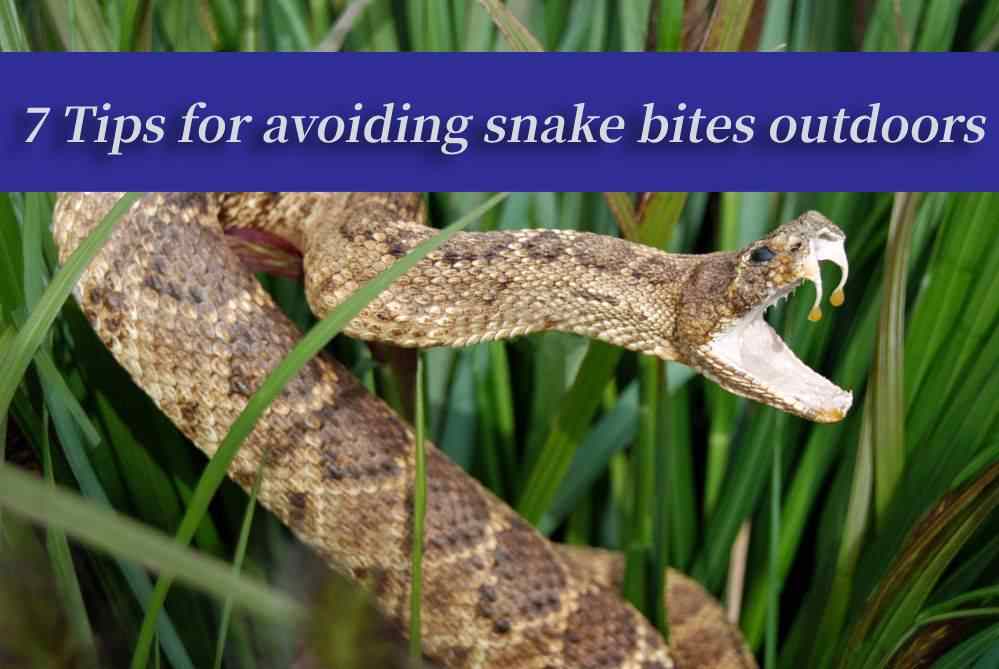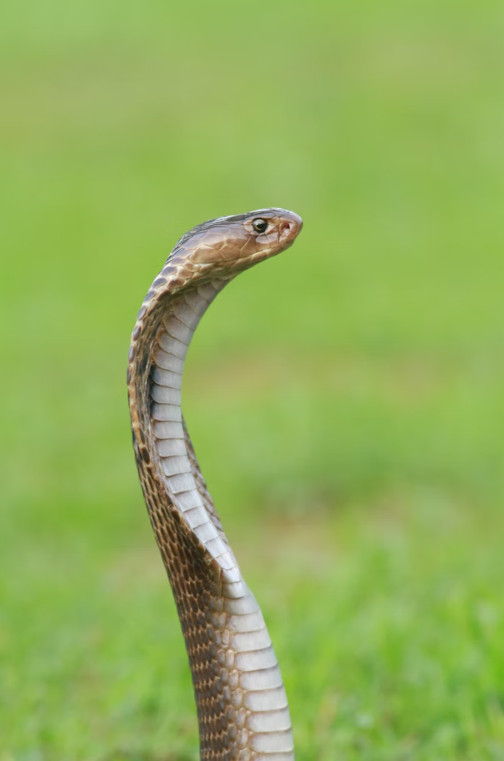
CE, RoHS, and FCC Certification Requirements for Ultrasonic Pest Repellers
Overview of Home Pest Repeller Product Categories for B2B Buyers
How Does an Ultrasonic Animal Repellent Work? A B2B Technical Overview
Factory vs Trading Company: How to Choose a Reliable Pest Repeller Supplier in China
Date: 08,03,2023
Author: Aosion

Australia is a country full of wild animals, and many species of snakes are one of Australia's specialties. While these snakes can be beautiful, they can also be very dangerous. In this blog post, we'll look at what is wrong with snakes in Australia and how to prevent snakebites.
First, let's go over some basics about Australian snakes. Australia is one of the countries with the most species of snakes in the world. There are more than 170 species of snakes living on the Australian mainland and surrounding islands. Most of these snakes are non-venomous, but many species are venomous, including: brown snakes, tiger snakes, and boas. These snakes all have different characteristics, such as size, color and habitat.
Despite the dangers of snakes in Australia, the chances of actually being bitten by one are relatively small. Australian wildlife generally avoids humans as much as possible. However, if you come across a snake, never try to catch them or disturb them, as this will increase your risk of being bitten. If you spot a snake, it's best to keep your distance and wait for the snake to move away. In addition, when walking in the wild, wear long-sleeved trousers and high boots, which can reduce the chance of being bitten by a snake.
If you are unfortunate enough to be bitten by a snake, don't panic. Most Australian snake bites are not fatal, with only a few species whose venom is fatal. After being bitten, you should go to the hospital as soon as possible. Do not attempt to use a drug device or open wounds, these actions will only accelerate the spread of venom.

To avoid being bitten by a snake, it's best to take some precautions. Here are some suggestions:
1. Understand the species and distribution areas of snakes in Australia, especially when going to wild or wilder areas, do enough investigation and preparation.
2. During outdoor activities, wear appropriate protective clothing, such as long-sleeved trousers and high boots. These garments can help you avoid a snakebite or lessen the severity of your bite.
3. When walking or hiking in the wild, try to stay on well-marked roads or trails, and try to avoid crossing brush or tall grass, which are common places for snakes. Avoid walking in areas where snakes are active, especially at night or in the morning. These times are when the snake is most active.
4. Do not touch snakes with your hands or other objects, and do not try to grab or hold them. If you spot snakes, keep your distance and stay away from them.
5. During camping, set up your tent and other camping equipment on level ground so snakes can't hide around your tent.
6. Pay attention to food handling and storage, do not leave garbage and food scraps near the campsite, which will attract pests and animals, including the possibility of attracting snakes.
7. If you are bitten by a snake, seek immediate medical attention and do not attempt to suck out the venom or treat the wound with any medication. While waiting for first responders to arrive, you should lie flat and remain as calm as possible to help slow the spread of the venom.
In conclusion, understanding the life habits of snakes, taking appropriate protective measures, avoiding contact with snakes and seeking medical assistance in time are the keys to preventing snakebites.
Of course, it is also a good choice to prepare some snake repellers in your own home. It can automatically drive snakes for you and improve the safety level of your home.
Subscribe to our newsletter to be kept abreast of our latest news, events and great deals.